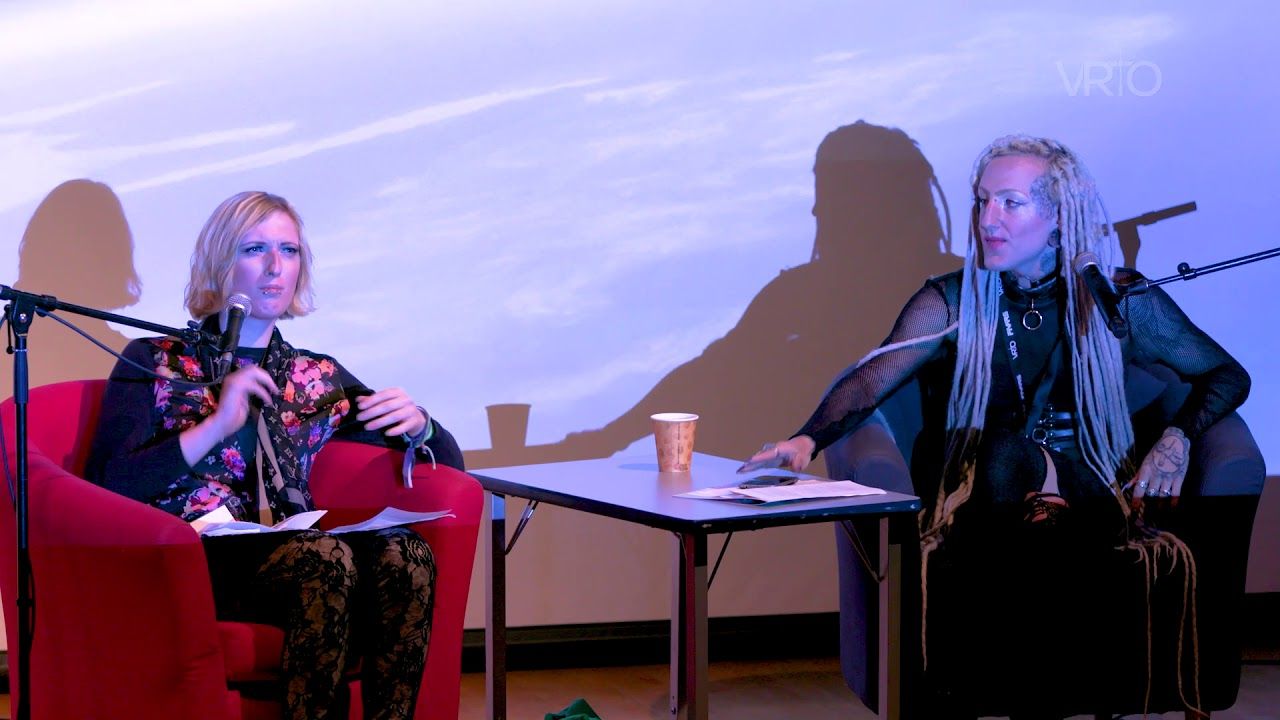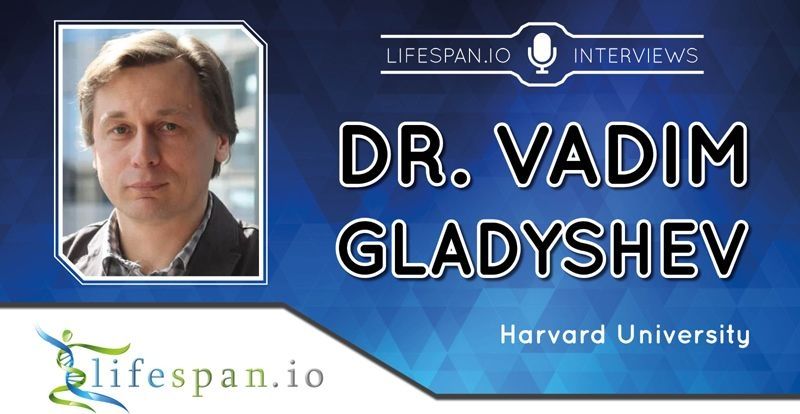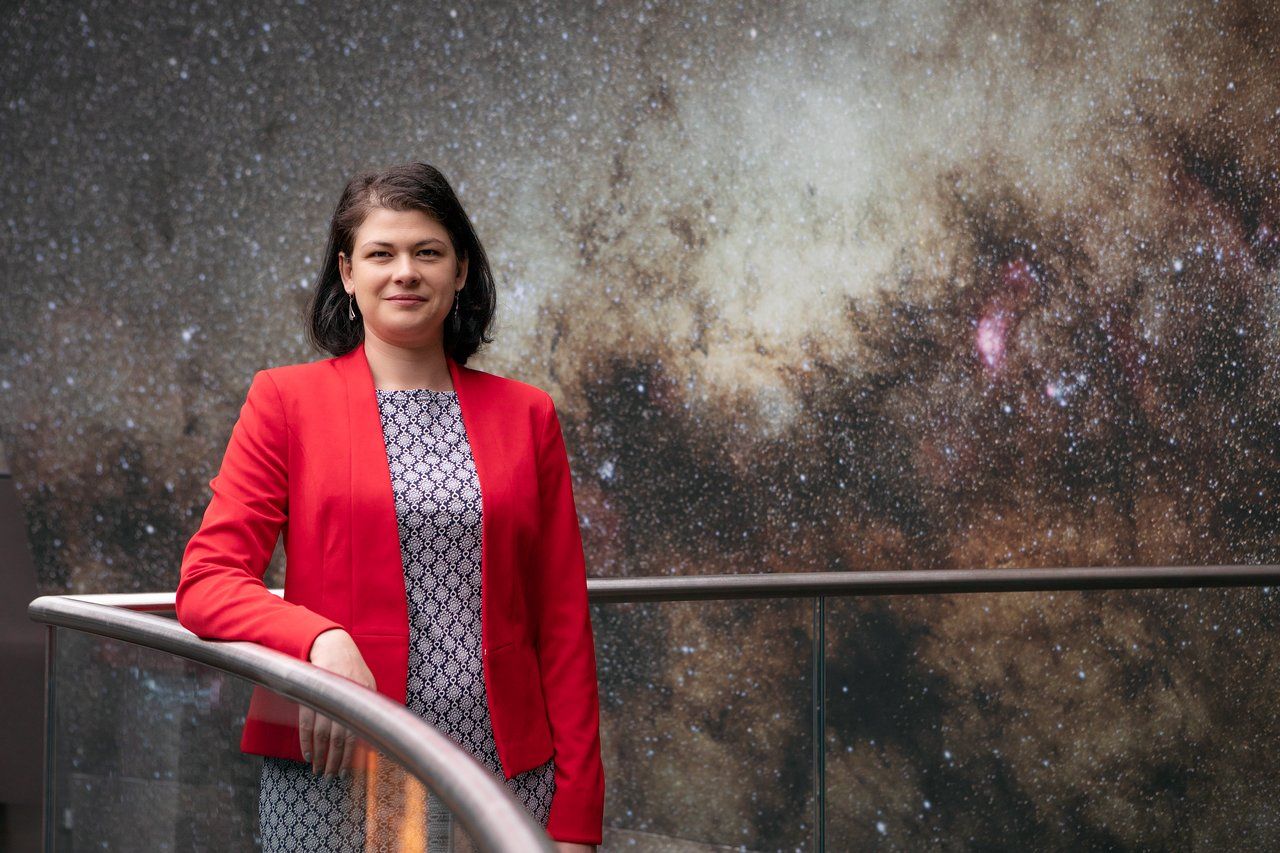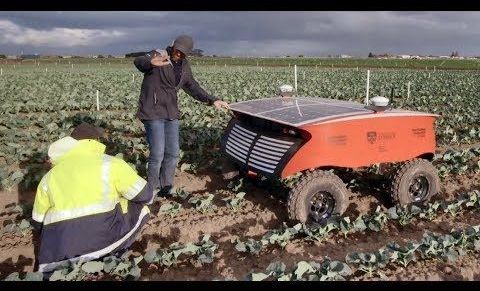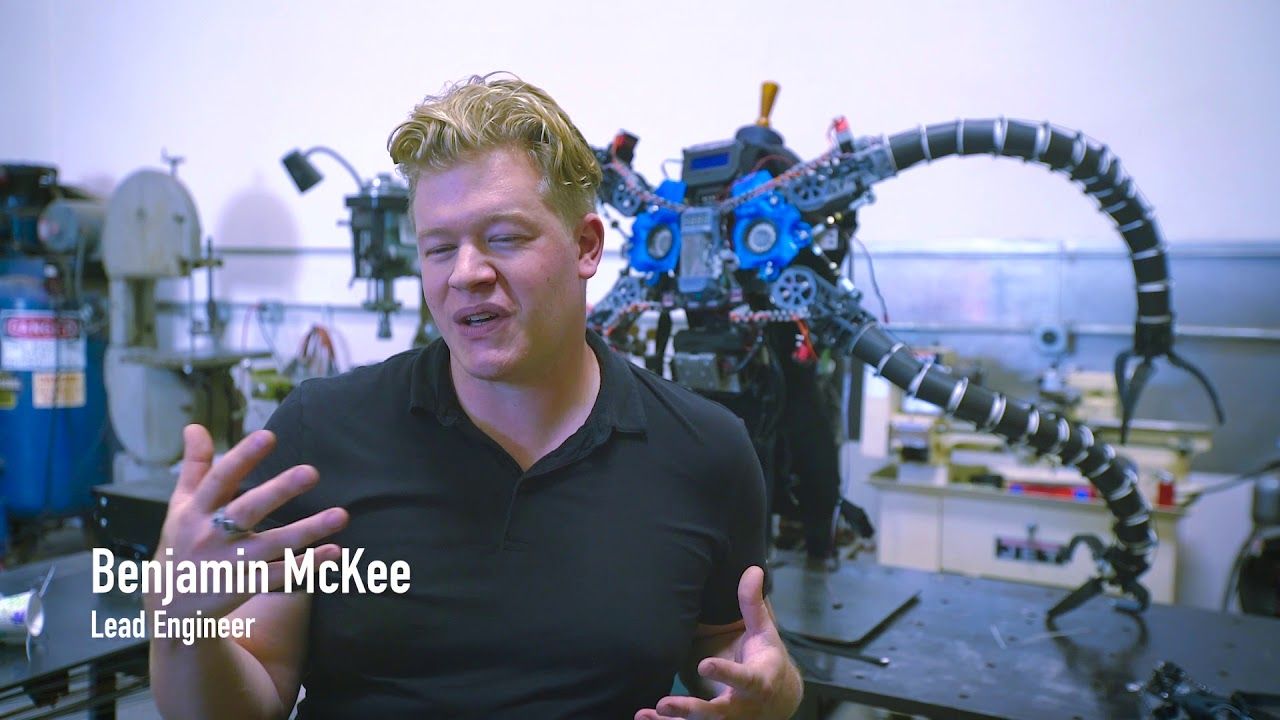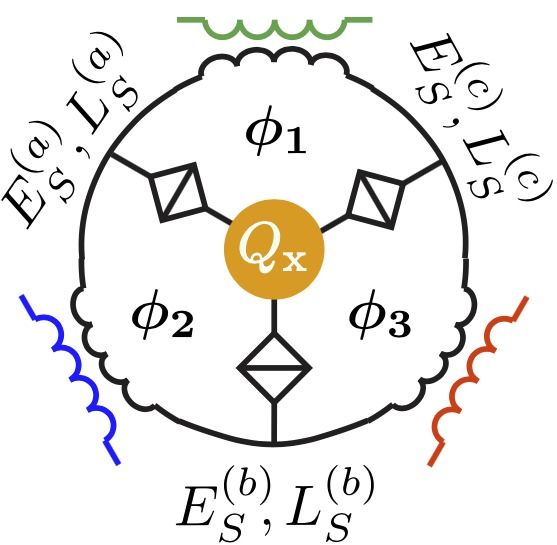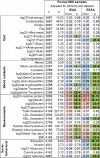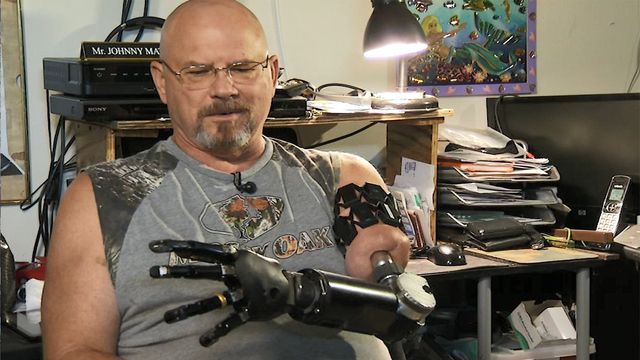The famous psychologist Timothy Leary once referred to himself as a “surfer,” envisioning a future where, “[t]o study biology, you can press a button and make yourself part of the human body. You can become a white blood cell and learn about the circulatory system by traveling through an artery. You can call up the Prado Museum in Madrid and study Goya’s paintings.”
When I think about the future, I envision mass technological disruptions across the entire landscape. Artificial intelligence (AI) being embedded into the very fabric of our architecture and institutions, 3D printing transforming our socio-economic system from scarcity to abundance, and virtual reality/augmented reality (VR/AR) unleashing infinite potential in shaping our perceptions of reality.
One could argue that we’ve already been experimenting with VR/AR via the use of psychedelic drugs, like psilopsybin, DMT, etc. But for many, the perception of these drugs tend to carry an unfortnate negative connotation. When people think of someone doing shrooms, a lot of them think of a person going mad in the middle of the woods. When people think of someone doing LSD, a lot of them think of a person believing they’re Peter Pan as they hoist themselves off the top of a skyscraper.
The devil may be in the details, but for those who actually experiment with psychedelics, the devil isn’t this terrible thing which results in their immediate death or psychological disruption; the devil is the infinite potential of their mind overcoming the many obstacles of reality.
